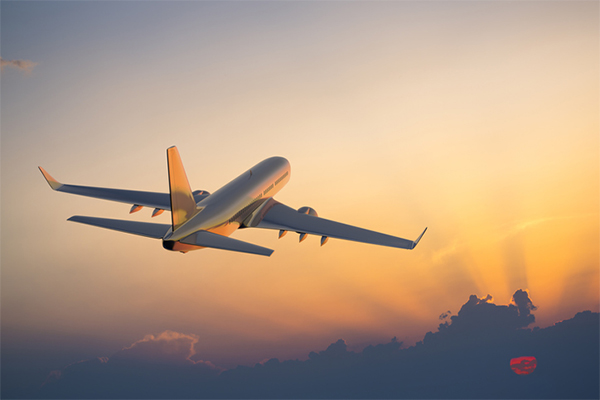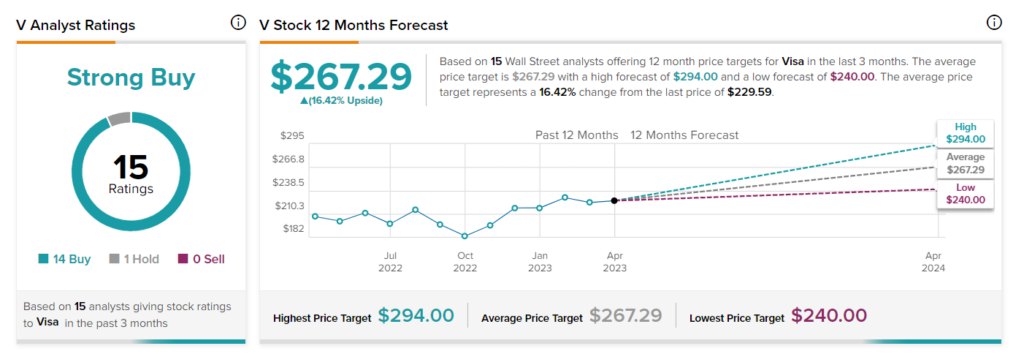[ad_1]
Thousands of holidaymakers were stranded, had their vacation plans cancelled, or had major flight delays for their holidays. Some hope to get compensation, and others hope to get off the ground.
The laws governing flight delays and cancellations when a consumer flies domestically in the United States are governed by the US Department of Transportation. In general, there are no US federal laws that require airlines to compensate passengers for canceled flights.
Airlines may have their own policies and may offer better benefits if the flight is canceled or significantly delayed within the airline’s control.

(Photo from Getty Images, via BBB)
“Consumers may have additional benefits if they purchase additional travel protections if they purchase the flight with a credit card. They should check with the cardholder agreement and airline,” advises Judy Dollison, president of the BBB.
It’s important to keep receipts for additional purchases such as hotel rooms, ground transportation, and meals to later submit to their airline or credit card company. Typically, all domestic airlines will try to accommodate passengers on the next flight, or sometimes on another carrier.
Consumers are always entitled to a full refund when flights are canceled by the airline. This includes refunds for any bag charges or extras, such as extra legroom, for a seat. If the airline offers a voucher in lieu of a refund, ask about the expiration and cancellation dates. Airlines may have additional restrictions on the use of vouchers. Consumers are under no obligation to accept vouchers and may request a full refund instead. If the consumer cancels the trip, however, they may not be entitled to a full refund.
Keep the following tips in mind when dealing with travel disruption.
• Check for delays – Travelers can check their latest flight information on their carrier’s website or through the airline’s telephone reservation system. Most delays do not occur until the day of the flight, and the airline must update the flight information within 30 minutes of receiving notification of a change in status.
• Check the carrier and credit card terms – While federal laws do not require airlines to reimburse expenses such as rooms or meals when a flight is canceled or significantly delayed, the carrier and credit card companies may have different policies. Buy tickets with a credit card that offers travel protection or travelers insurance and check individual airline policies.
• Save documents – Maintain receipts and records for expenses incurred as a result of significantly delayed or canceled flights. These expenses may be required later to be reimbursed.
• Check the service provider’s website – Most airlines allow consumers to initiate refunds directly on the carrier’s website. Using a website can help the consumer get the money or rebook the trip faster than waiting for a customer service agent in person or on the phone.
• The rules for foreign flights are different – Flights canceled while in another country are subject to the laws of that nation. When traveling internationally, check with the local country’s department of transportation.
For more information.
Watch out for airfare scams when booking (or rebooking). For more information, read BBB’s tips for traveling safely on vacation.
BBB Cincinnati
[ad_2]
Source link



